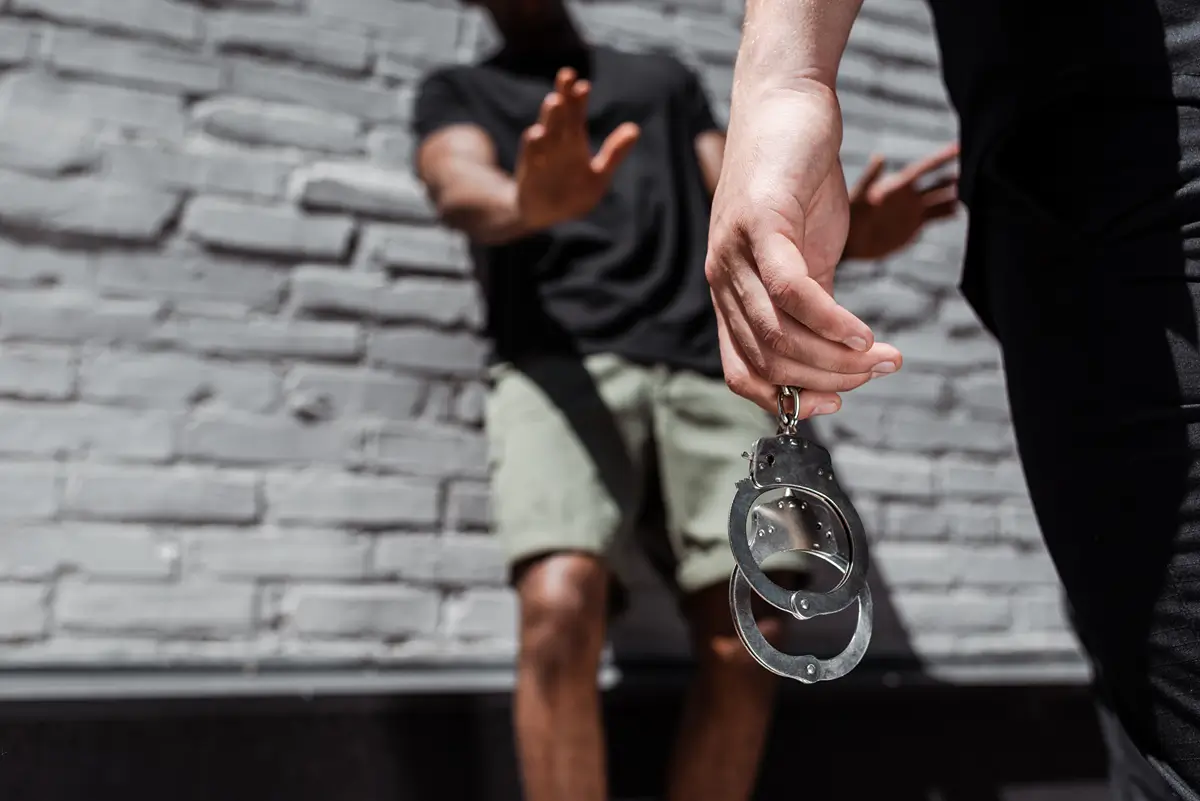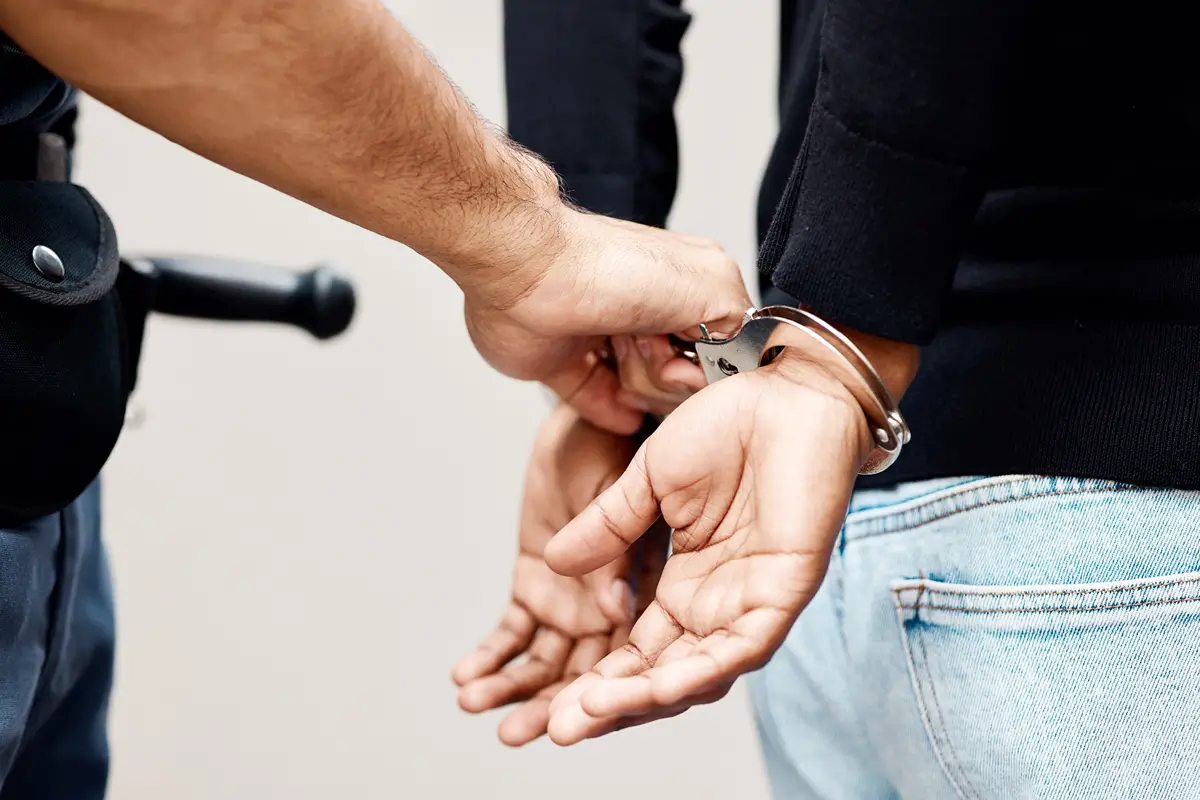In October 2020, a bank-robbing Chicago couple fled the scene of their latest heist, eventually taking police on a high-speed, 100-chase into Indiana, where they were apprehended.
Violet Greco, 20, was the driver and allegedly the mastermind of the crimes, while Glenesha Currie, 29, allegedly entered six banks demanding money. The couple left the scene of the sixth robbery, unaware that the FBI had installed a tracking device on Greco’s car. When police approached the car, Greco sped off, but GPS information allowed a police helicopter to follow them into Indiana, where, almost four hours later, the pair pulled into a gas station where they were arrested.
At the time this story was reported, the pair were awaiting extradition from the Elkhart County, Indiana jail.
Understanding Jurisdiction
The state where the alleged crime occurs is the state that has jurisdiction to pursue prosecution. In the situation above, the crimes were allegedly committed in Illinois, which gives Illinois jurisdiction to prosecute the robberies. The way authorities get defendants physically into the state with jurisdiction is through the process of extradition, which involves one jurisdiction requesting that another jurisdiction send someone to theirs for prosecution.
That said, if you are arrested and charged with additional offenses in Indiana after already having committed offenses in another state, it is possible — and even likely — that you will be prosecuted in each state separately. Any sentences received in different jurisdictions may run simultaneously (concurrently) or one after the other (consecutively); this decision is at the discretion of the courts.
Same Crimes, Different States
You probably know about “double jeopardy,” which means you cannot be prosecuted twice for the same criminal act. You can, however, be charged in different states for the same crime. Moreover, if it was a federal crime, you may also be charged by the federal authorities for the same crime. This is an exception to the double jeopardy clause in the U.S. Constitution.
If you are facing multiple criminal charges, especially in different jurisdictions, it is imperative that you consult an experienced criminal defense attorney immediately. Your future depends on it. Contact Razumich & Associates online or at 317-449-8657 today.






